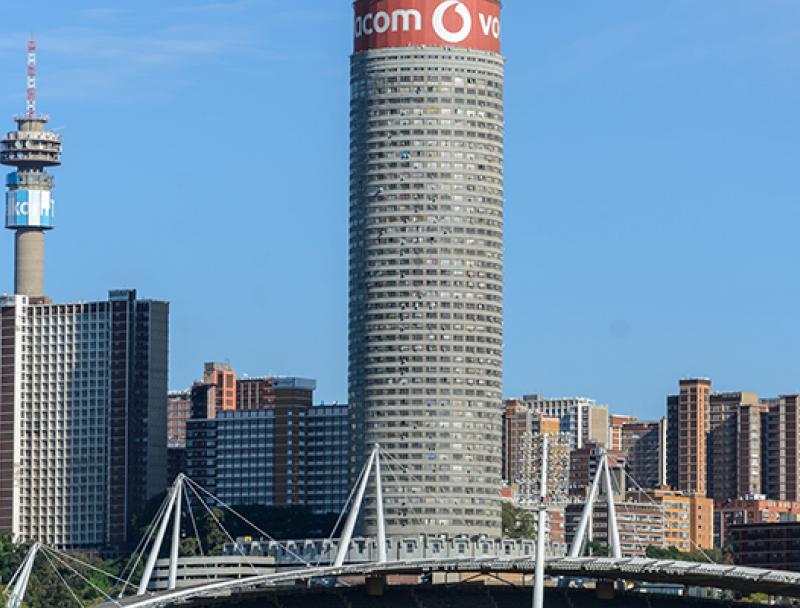COVID-19 and beyond: Rethinking industrial and competition policy
Nishal Robb and Thando Vilakazi
and stimulating dynamism and diversification in the South African economy has been limited.
In essence, the structural transformation of the South African economy – the key growth-enhancing process of shifting capital and labour toward higher productivity activities and acquiring more sophisticated productive capabilities (McMillian and Headey 2014; Nissanke 2019) – has stalled, with a number of studies suggesting that the country is in a process of “premature deindustrialisation” (Rodrik 2006; Andreoni and Tregenna 2018).
The above concerns, alongside the scale and persistence of economic exclusion in South Africa – embodied most clearly in growing inequality and deepening unemployment – suggest the need for a rethinking of a number of areas of economic and social policy. The effects of the COVID-19 pandemic and associated lockdowns on economies worldwide, the disruption of global supply chains and the erosion of productive capabilities key among these, provide a powerful stimulus for a rethinking of the roles of and relation between industrial policy and competition policy in particular. These policy areas can act as powerful tools in supporting new entrants and stimulating competitive rivalry in traditionally concentrated economic sectors, and for building capacity for dynamism, innovation and resilience in the economy generally.
Read the full paper here: Industrial




